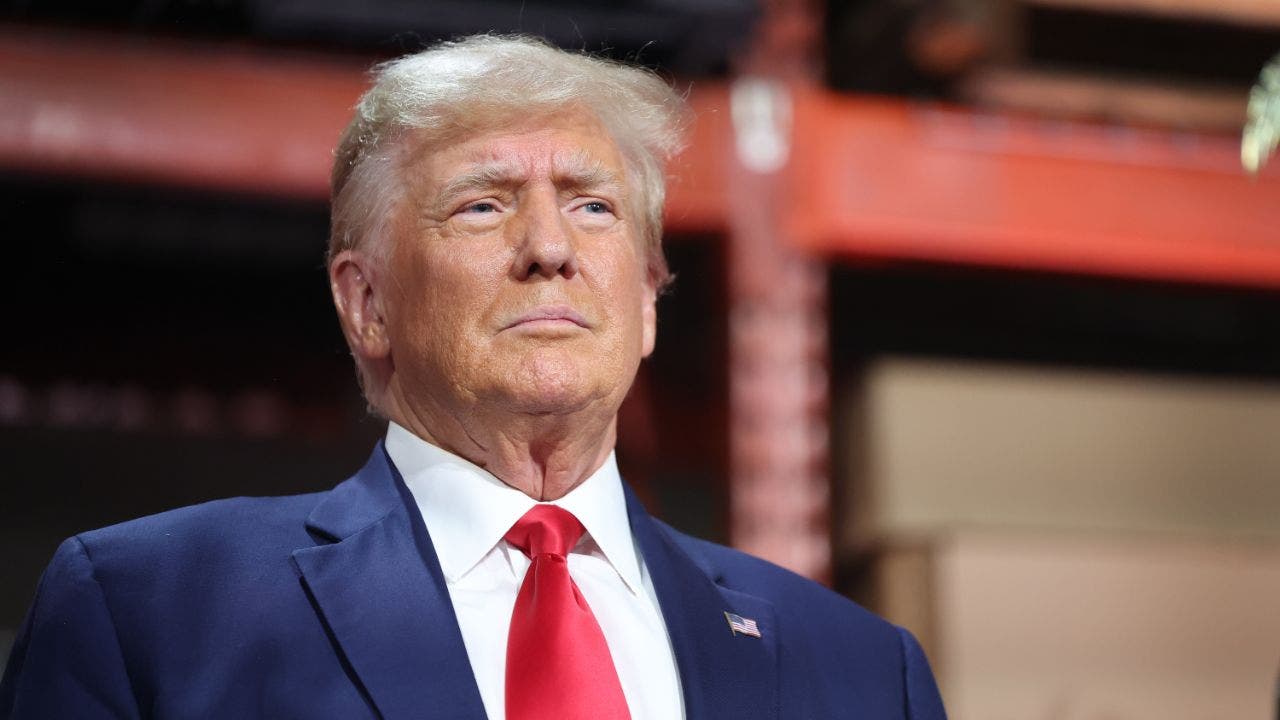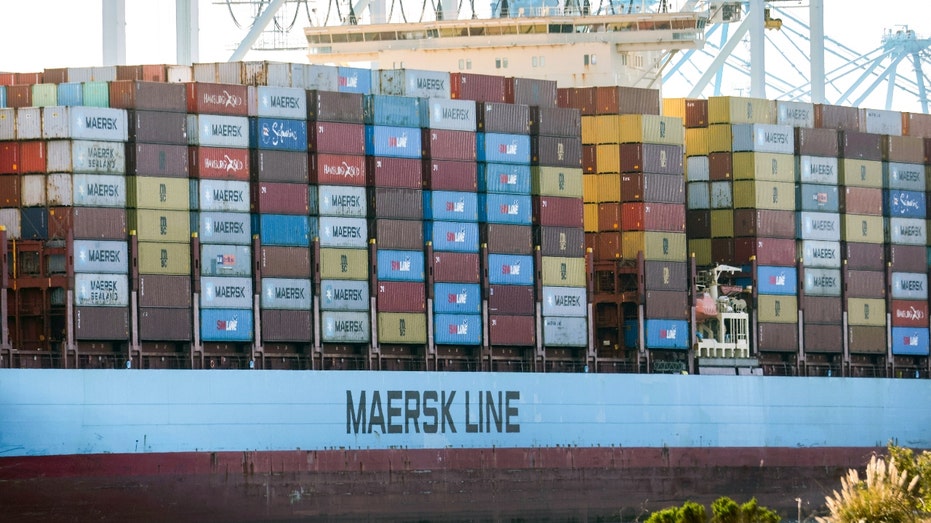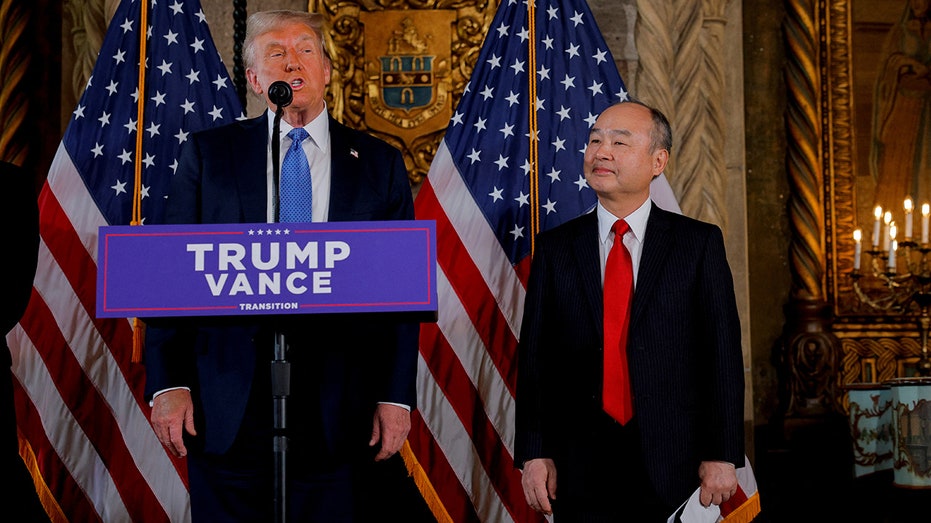Useful information
Prime News delivers timely, accurate news and insights on global events, politics, business, and technology
Useful information
Prime News delivers timely, accurate news and insights on global events, politics, business, and technology

Alberta Premier Danielle Smith discusses Canada’s investment in securing its southern border and its willingness to work with Trump on The Big Money Show.
President-elect Trump campaigned on using tariffs as a tool to secure more favorable international trading conditions and generate tax revenue, but they could affect the prices consumers pay for imported goods.
Among the policies Trump has proposed include a blanket tariff of 10% or 20% on all goods imported into the United States, as well as a larger tariff of 60% on goods imported from China. He also said he would impose a 25% tariff on products from Canada and Mexico. At a news conference Monday, Trump and one of his nominees for a key Cabinet post signaled they want to use tariffs to secure reciprocal trade terms with other countries.
Commerce Secretary-designate Howard Lutnick spoke at a news conference Monday with President-elect Trump and SoftBank CEO Masayoshi Son, who announced that the Japan-based company will invest $100 billion in the United States . Lutnick responded to a question from the press about the incoming administration’s tariff plans. and explained that Trump “has a very clear agenda on tariffs, and I think reciprocity is something that is going to be a key issue for us. The way they treat us is how they should expect to be treated.”
Trump chimed in and said, “Tariffs, used properly, which we will, and being reciprocated with other nations, will enrich our country… I always say, to me, tariff is the most beautiful word in the dictionary.”
TRUMP AND THE CEO OF SOFTBANK ANNOUNCE A $100 BILLION INVESTMENT TO CREATE 100,000 JOBS IN THE UNITED STATES

President-elect Donald Trump has pledged to use tariffs as a key part of his economic agenda. (Donald Trump reacts at the Bitcoin 2024 Conference in Nashville, Tennessee/Getty Images)
The president-elect also rejected concerns that tariffs could raise prices for consumers based on the experience of his first term, saying, “I had no inflation and I had massive tariffs on a lot of things.”
Uncertainty over how tariffs will be implemented and the impact of import taxes on consumers is likely to persist until the new administration takes office on January 20, 2025 and begins moving forward with its preferred policies. Based on some of Trump’s policy proposals during the presidential campaign, trade experts believe there could be a significant impact on prices for consumers.
“Depending on the nature, the rate and how it’s structured, it could be quite substantial,” Clark Packard, a researcher at the Cato Institute’s Herbert A. Stiefel Center for Trade Policy Studies, told FOX Business of the tariffs’ impact on trade. consumers. prices. “During the campaign he talked about a 10% to 20% tariff on all imports, and then a special tariff of around 60% on imports from China. If that were to come into force, it is known that it would undoubtedly increase prices. consumer prices.”
“I’ve seen a study that shows that the price of a laptop, for example, would increase by about $350 and that of a smartphone by about $200,” Packard said. “That assumes the cost of a tariff is passed entirely on to a retail buyer, but much of the best economic research shows that about 90% of the cost of a tariff returns to consumers.”
TRUMP SAYS HE WILL ISSUE EXECUTIVE ORDER TO CHARGE CANADA AND MEXICO A 25% TARIFFS ON GOODS WHEN HE TAKES OFFICE

Imported goods include finished products as well as intermediate inputs used in finished products by U.S. companies. (Mario Tama/Getty Images/Getty Images)
Dr. Madhav Durbha, vice president of CPG and manufacturing at RELEX, told FOX Business: “Items like avocados, mangoes and other fresh produce largely sourced from Mexico are very vulnerable to tariffs. Geographic and environmental limitations make switching difficult. of production. and these tariffs would directly translate into higher prices for consumers in grocery stores.”
Durbha added that the United States imports pharmaceutical ingredients used in the production of everyday medicines from China and that tariffs on such imports “could increase drug costs for consumers and disrupt supply chains, creating ripple effects throughout the industry.” of medical care.
He said that while many clothing and footwear brands have adopted the “China plus one” strategy of diversifying production to countries such as Vietnam and Cambodia, tariffs on China could potentially increase the costs of those products for consumers.
MUSK SAYS TESLA FACTORY IN MEXICO IS ON PAUSE DUE TO TRUMP’S TARIFF PROMISE

President-elect Donald Trump delivers a speech alongside SoftBank Chairman and CEO Masayoshi Son at Mar-a-Lago in Palm Beach, Florida, on Monday, December 16. (Reuters/Brian Snyder/Reuters)
Durbha added that a similar dynamic has occurred with consumer electronics such as laptops and smartphones, which could be subject to price increases or delays in availability even as more production shifts from China to countries like India and Vietnam.
Packard also noted that imposing tariffs to tax imported goods would also have an impact on American manufacturers and exporters, because foreign countries would likely impose retaliatory tariffs on American exports in response.
He explained that “between 40% and 50% of all imports are intermediate inputs that American companies use to make their products more competitive globally, so when you start to increase the price of the inputs that the American companies are buying abroad, it will make The finished product less competitive in global markets.”
GET FOX BUSINESS ON THE GO BY CLICKING HERE
“When you impose a tariff, you will see retaliation from foreign governments,” Packard explained. “So not only are you a producer in the United States and your prices have increased because the goods you need have increased in price, but you will also see higher tariff barriers when you export the product.”